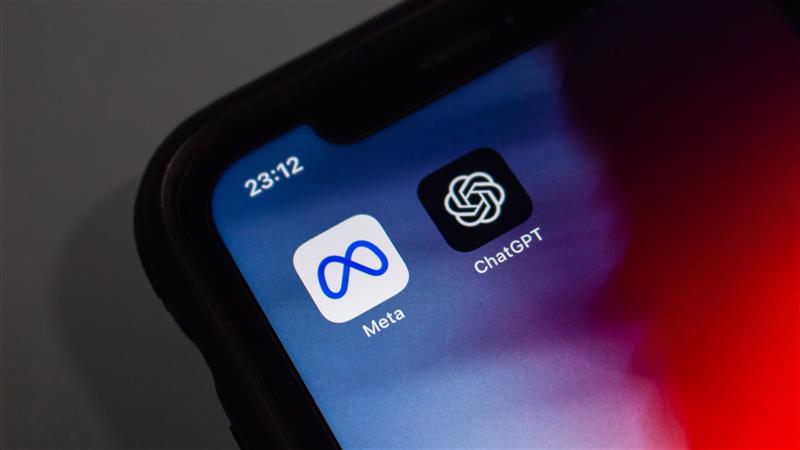
In Washington, the Department of Defense (DoD) has awarded top contracts to not one AI company with Department of Defense clearance, but many, including OpenAI, Google, Anthropic, and xAI, with each valued at up to $200 million.
The new projects will bring AI into daily operations of the US military for faster, more adaptive, and more data driven defense systems. The agreements come at a time when global competition in AI is rising, and the Pentagon moves to strengthen its relationship with the private sector.
As AI companies with government contracts become more common, US defense officials see it introduce innovative commercial technology to complex security issues. The strategy also ensures that American innovation remains ahead of rivals developing the same tools abroad.
What Is a Defense Contract for AI Companies?
The DoD’s Chief Digital and Artificial Intelligence Office (CDAO) is leading the charge to ramp up AI in government contracting.
“The adoption of AI is transforming the Department’s ability to support our warfighters and maintain strategic advantage over our adversaries,” said Dr. Doug Matty, Chief Digital and AI Officer.
Each AI company with Department of Defense clearance will develop “agentic AI workflows”, systems that are designed to sort through vast amounts of data, predict outcomes, recommend actions in real time on the battlefield, logistics, and intelligence. The approach allows commanders to act at what officials call “machine speed,” narrowing the lag between analysis and decision.
When OpenAI secures $200m defense department contract for frontier ai capabilities then it shows how far the Pentagon is willing to go out of its way to entrust civilian AI leaders with national security missions. They are doing so as part of a broader commercial first strategy, using proven technology from Silicon Valley instead of building everything internally.
By embedding AI models like OpenAI’s ChatGPT and Google’s machine-learning systems into military data platforms, such as Advana and Maven, the government will speed up analysis and automate repetitive work. The program also expands Department of Defense contract opportunities for smaller AI startups that can provide innovative niche solutions.
What Is Defense Contracting with Tech Companies for Military Operations?
Another important breakthrough is the Defense Innovation Unit’s project “Thunderforge.” Scale AI, a leading AI company with Department of Defense clearance, was awarded a multimillion-dollar prototype contract to create intelligent agents that could aid in simulations, decision support, and logistics.
The project brings together Microsoft and defense technology firm Anduril, signaling a tighter collaboration between the military and private AI developers. These scale AI defense contracts aim to close the gap between the gathering of data and action on the battlefield.
“Our AI solutions will transform today’s military operating process and modernize American defense,” Scale AI CEO Alexandr Wang said.
In the meantime, Palantir stock surges on strong AI demand and government contracts, mirroring investor confidence in government contract growth across the industry. Palantir’s ongoing work with the DoD shows how AI government contracts are becoming an engine of innovation and revenue.
However, ethical concerns remain.
Experts like Hugging Face’s Margaret Mitchell caution that once technology is shared, you don’t have control over how it’s used. Such concerns give rise to the controversy over transparency and accountability in AI military pentagon contract projects.
However, defense officials argue that partnership is key to security. As one Department of Defense cleared AI company executive has noted that AI isn’t just software anymore, it’s the new foundation of national defense.
Inside Telecom provides you with an extensive list of content covering all aspects of the tech industry. Keep an eye on our Cybersecurity sections to stay informed and up-to-date with our daily articles.